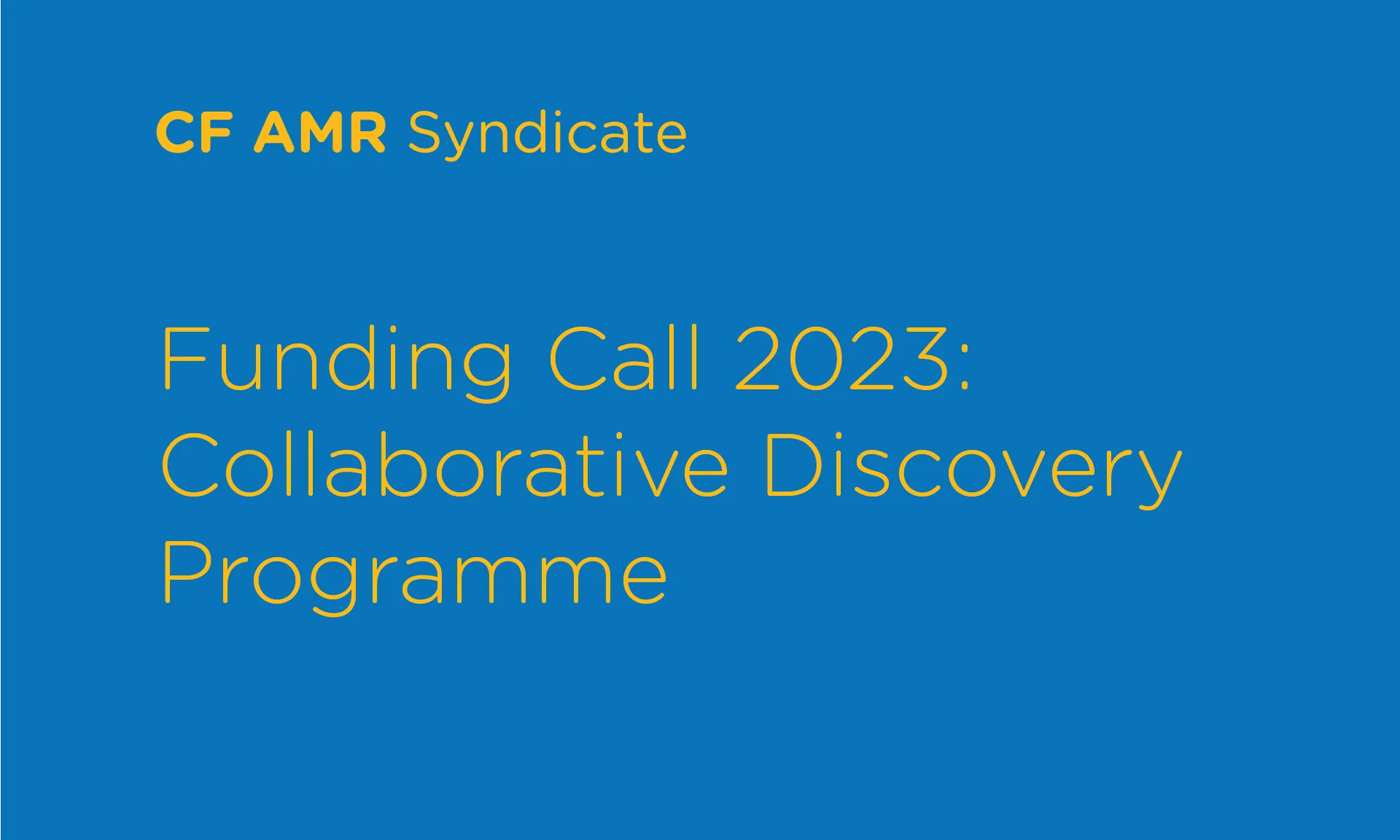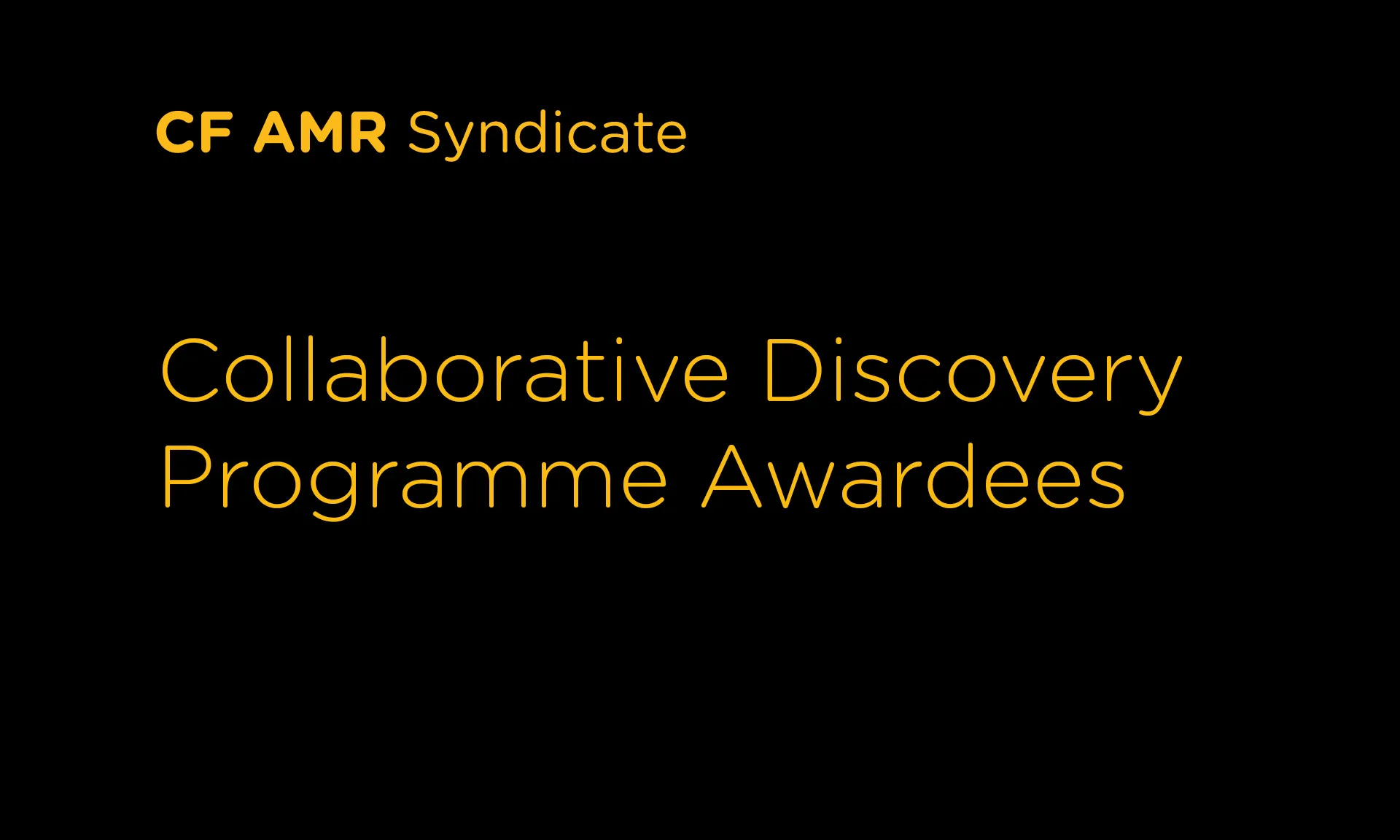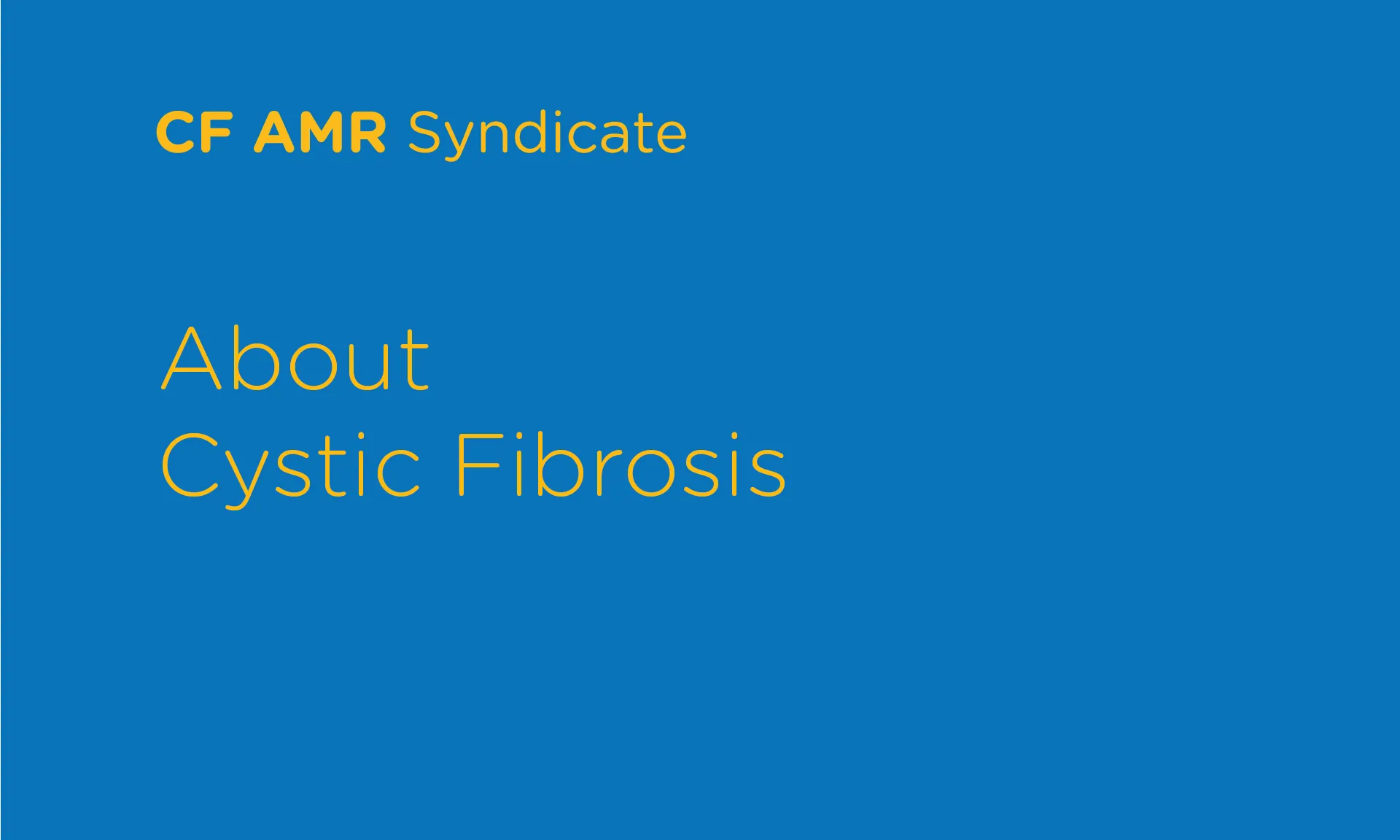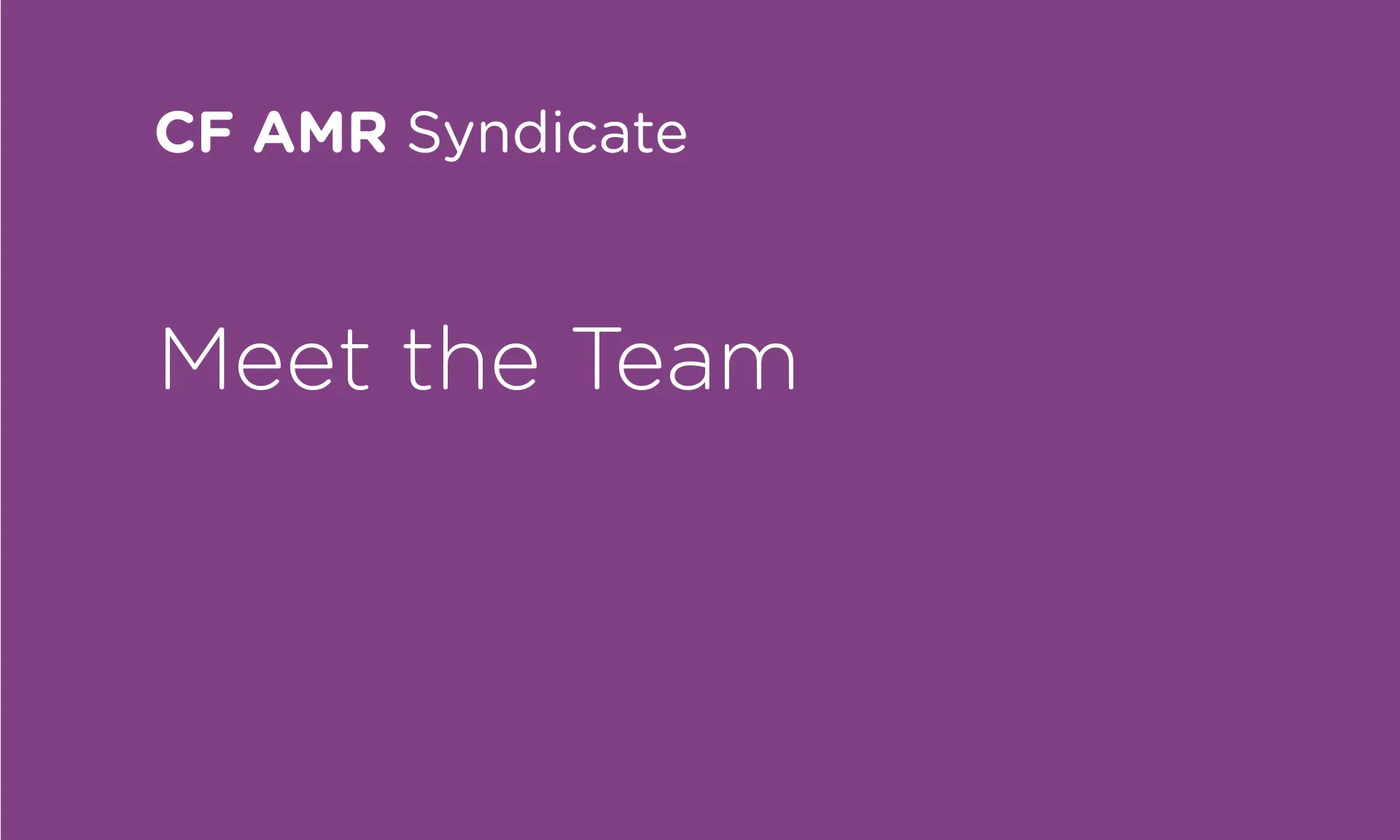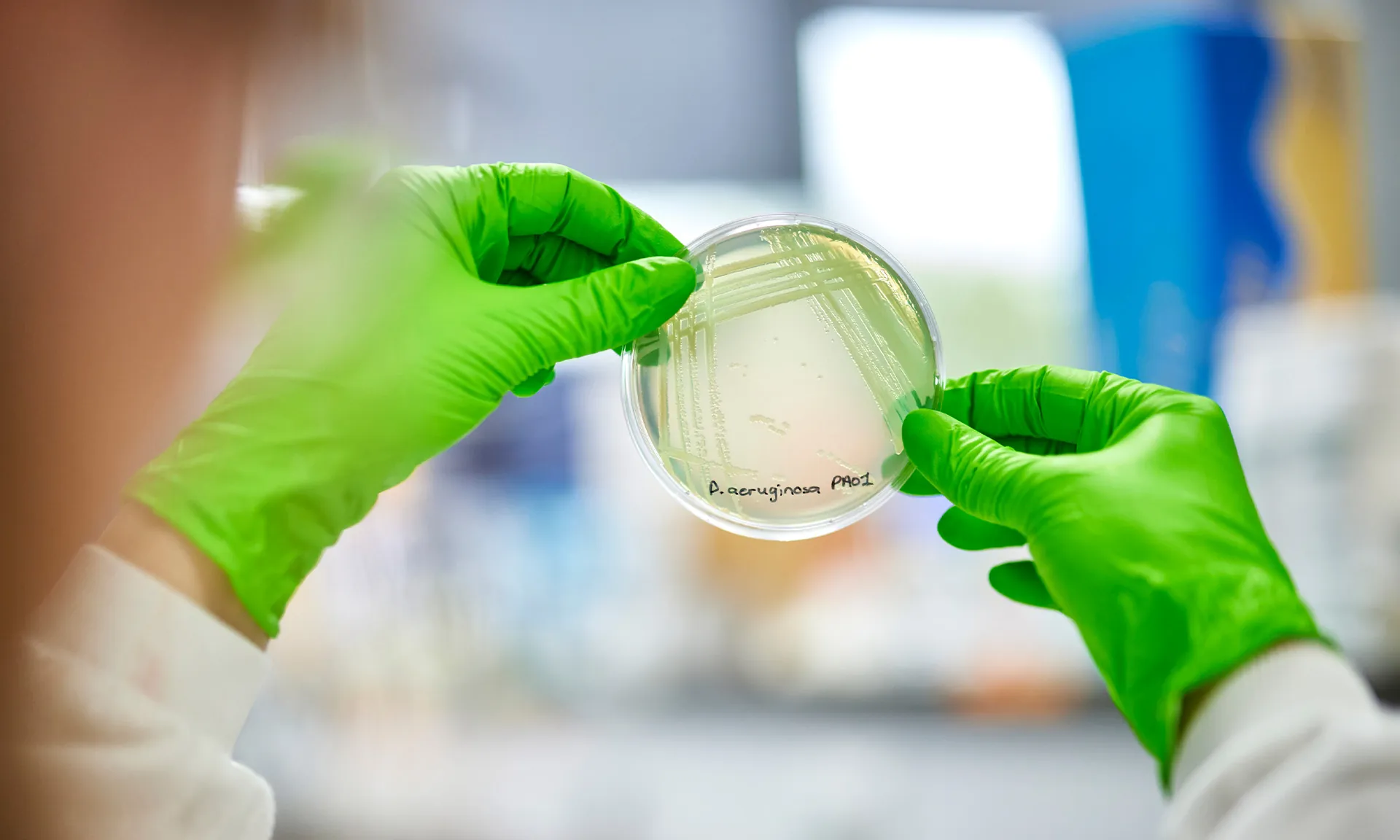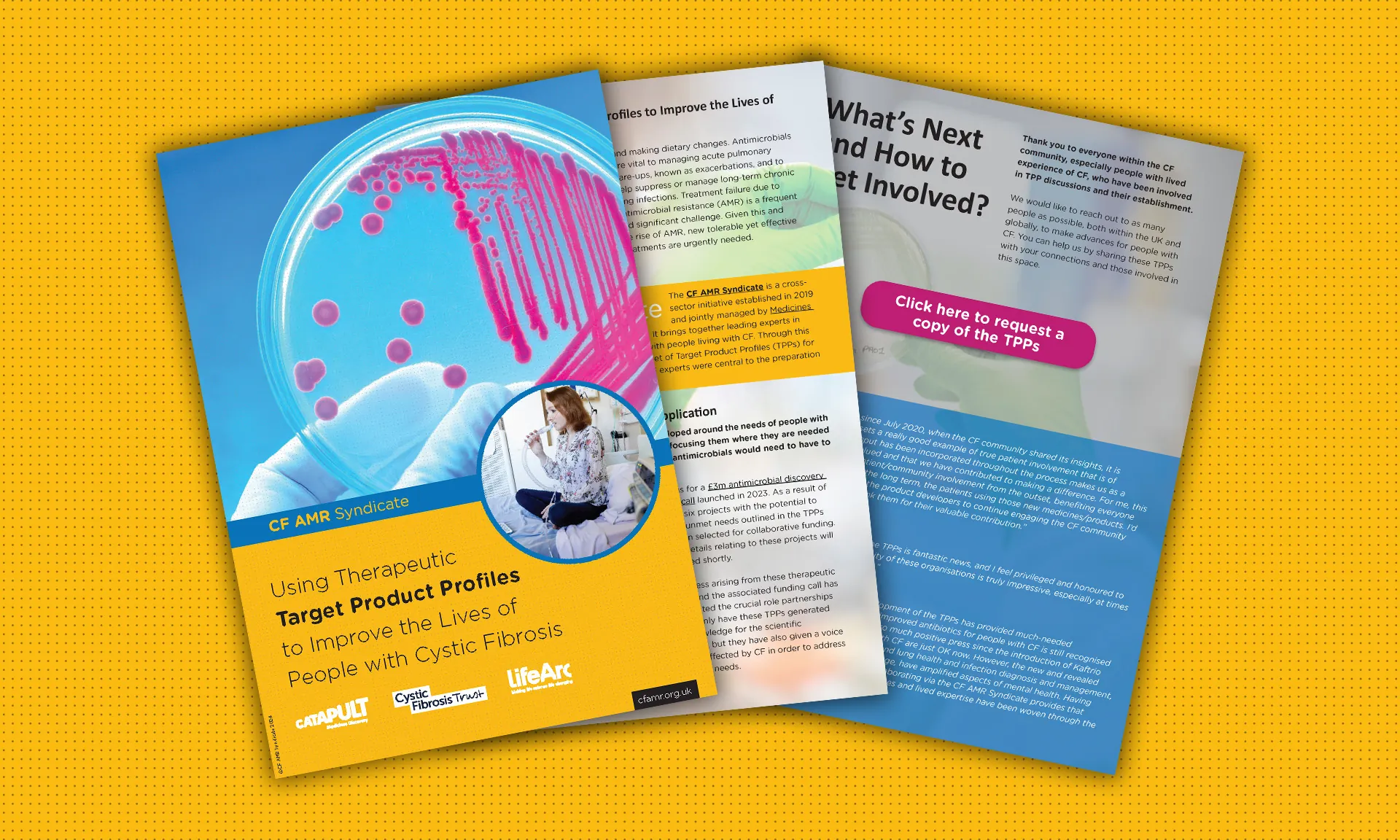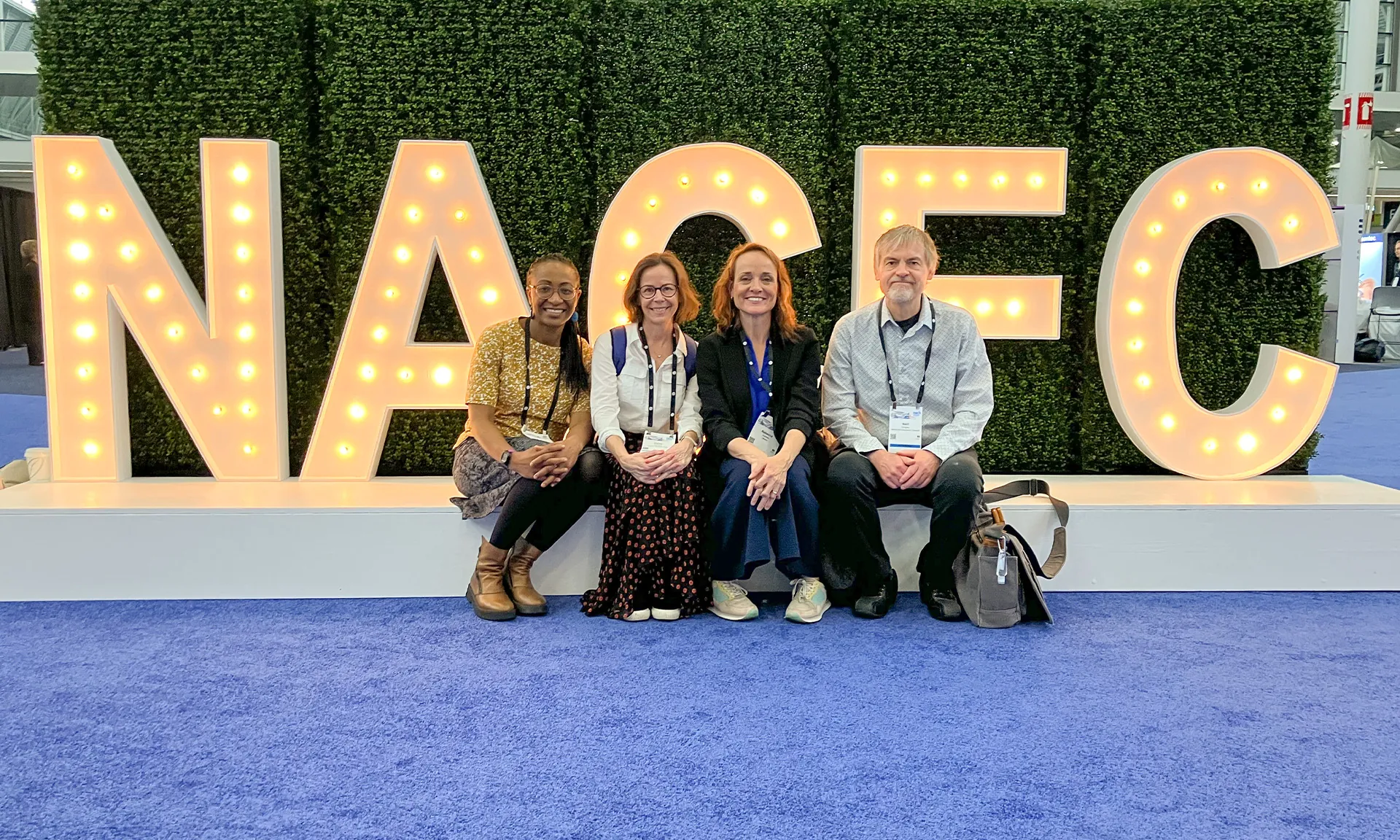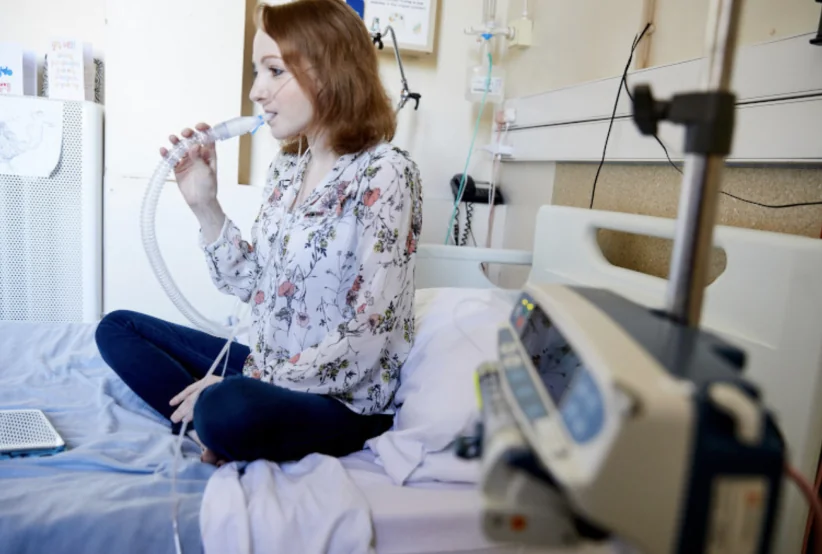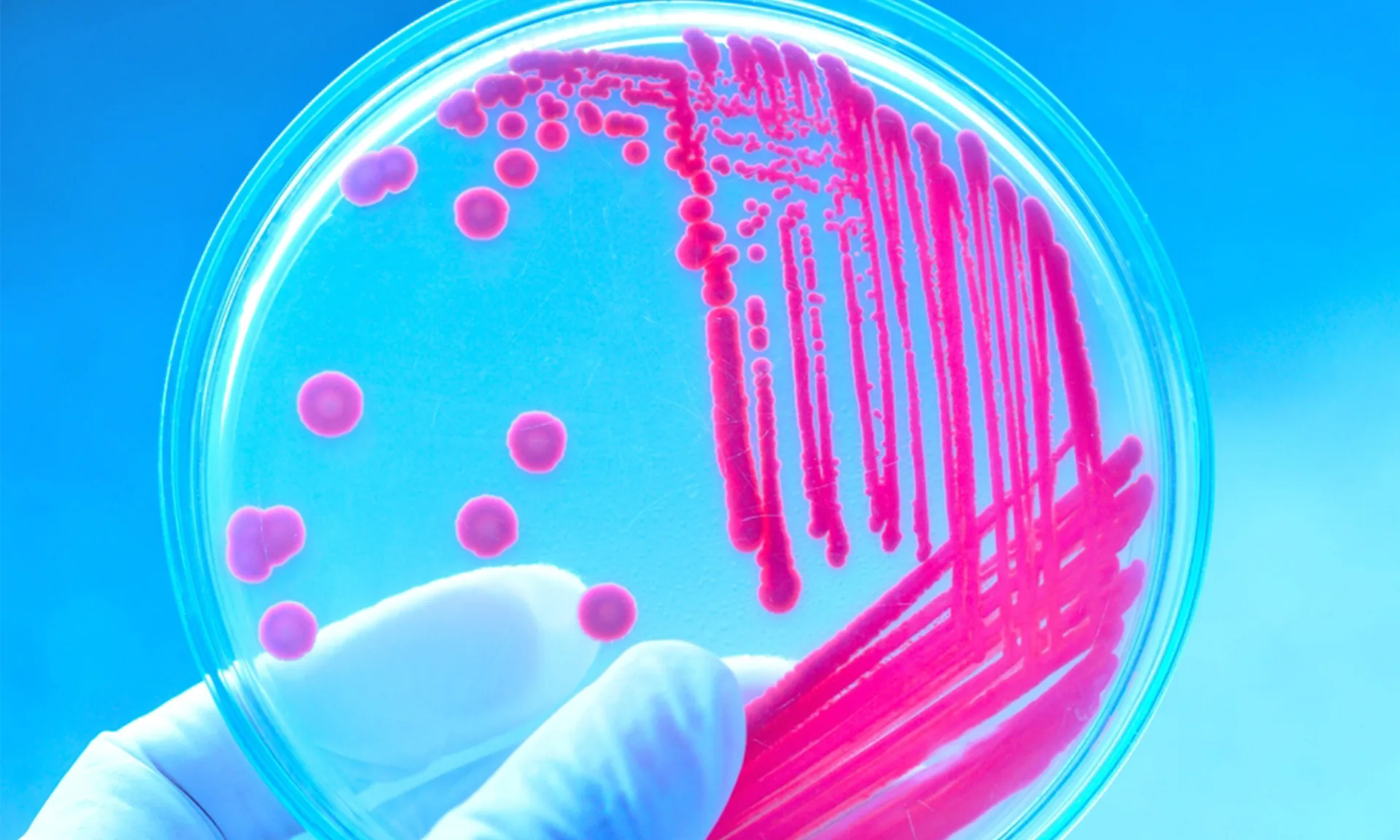General
The UK CF infection Biorepository was launched in September 2021 to address a key challenge in CF antimicrobial discovery and development: the difficulty researchers face in accessing all the sample types they need for preclinical testing.
The Biorepository runs as a coordinated national network of UK labs, each with existing biobank collections and capability. Laboratories in the network are distributed across the University of Belfast, University of Cambridge, University of Cardiff, University of Exeter, University of Liverpool, Imperial College London, and Nottingham University Hospitals NHS Trust.
A management team governs the UK CF infection Biorepository and receives ongoing strategic advice from an independent advisory committee.
The biorepository supplies samples and runs collaborative projects with academic and industry researchers in the UK and abroad.
The Biorepository received funding for its pilot year from the CF Trust and Antabio and has secured onward funding from the CF Trust and CF Foundation.
Over the course of this project, activities will focus on:
- increasing communication and engaging new researchers
- working across the network to develop standard methods and procedures
- identifying opportunities for new sample and data collections.
Available samples, data and capabilities
- Non-CF and CF-reference strains and strain panels for common pathogens of the CF lung including Pseudomonas aeruginosa, Burkholderia cepacia complex and non tuberculous mycobacteria (NTM). Strain panels are associated with published data including genome sequence;
- Bacterial and fungal strains isolated from the lungs of people with CF in the UK; P.aeruginosa, Achromobacter xylosoxidans, M.abscessus, B. Cepacia, Stenotrophomonas maltophilia, S. aureus, Streptococcus spp, Aspergillus species, Exophila, Rasomsonia. Many are genome sequenced with associated patient metadata and include recent isolates, collections from longitudinal studies and multiple isolates from single sputum samples.
- Sputum (frozen, whole) with associated patient metadata;
- Signposting to centres to support prospective collection of sputum;
- Antimicrobial susceptibility testing including combination testing in different formats and models.
Pure isolates are typically stored long-term in tryptic soya broth with 8% DMSO or using microbeads both at -80ºC.
Frozen sputum is cut and stored frozen at -80 ºC, some spun supernatant also stored at -80 ºC is also available (most utility for investigation of inflammatory markers).
BAL spun supernatant is stored at -80 (most utility for investigation of inflammatory markers).
Each biobank and collection centre in the network has in place their own ethical consent governed by local biobank ethical review committees.
This depends on the sample but can include; patient characteristics, Spirometry (FEV1), medication including long-term antibiotics, sample type, clinical state and microbiological status.
In many cases, yes.
Yes, a number of centres in the network have expertise in antimicrobial susceptibility testing including combination testing in different formats and models and depending on the centre this might be available on a fee for service, or collaborative basis.
Yes, we would be delighted to put you in touch with the relevant expertise.
The Cystic Fibrosis Foundation has links to a number of antimicrobial tools and resources including clinical isolates from people with CF living in the US.
The Canadian Burkholderia cepacian Complex Research and Referral Laboratory also holds a number of isolates from people with CF living in Canada.
Strains from published reference panels are available from the Belgium Coordinated Collection of Microorganisms/Laboratory for Microbiology.
For general antibiotic resistance isolates the AR Isolate Bank and the Public Health England National Collection of Type Cultures NCTC, the National Collection of Pathogenic Fungi NCPF and the National Collection of Pathogenic Viruses NCPV. The human microbiome project repository also makes organisms and DNA available to the community.
Processes
All-access requests are centrally managed by Medicines Discovery Catapult, which coordinates the UK network of participating laboratories. Requests for samples, data and capability are reviewed, approved and fulfilled by the relevant laboratory in the network with terms dependent upon the nature of the request.
Yes, please make an enquiry through the website and a member of the team will discuss with you.
If you are interested in donating your samples for research, please discuss this with your CF centre. Unfortunately, the UK CF infection Biorepository does not accept individual donations.
To help cover a proportion of the administrative running costs of centres in the network and as part of the biorepository’s sustainability plan, the following user fees and conditions will be applied. The user fees will apply to currently existing collections of reference strains and clinical isolates and their associated data. The user fees are not valid for sputum nor prospective samples and data.
Commercial entities: £105 per isolate
Conditions: Provider retains full ownership of IP of Materials, Recipient retains ownership of Results
Non-commercial entities: £75 per isolate
Conditions: Share IP, co-authorship
Payments will be managed independently of the biorepository. Individual centres can reserve the right to change these costs dependent on the specific request.
